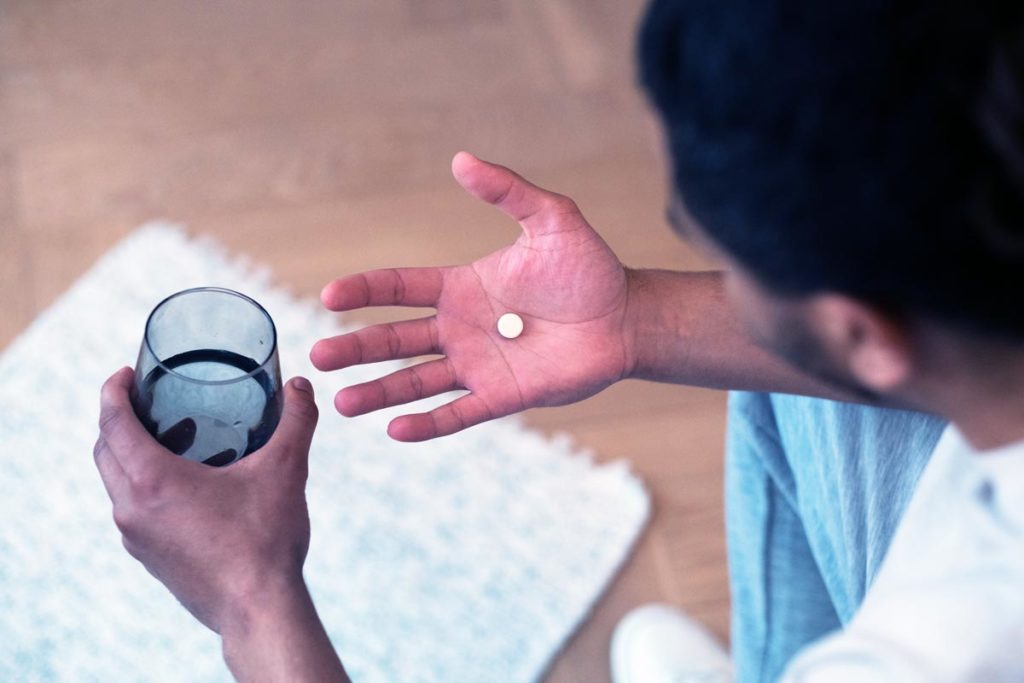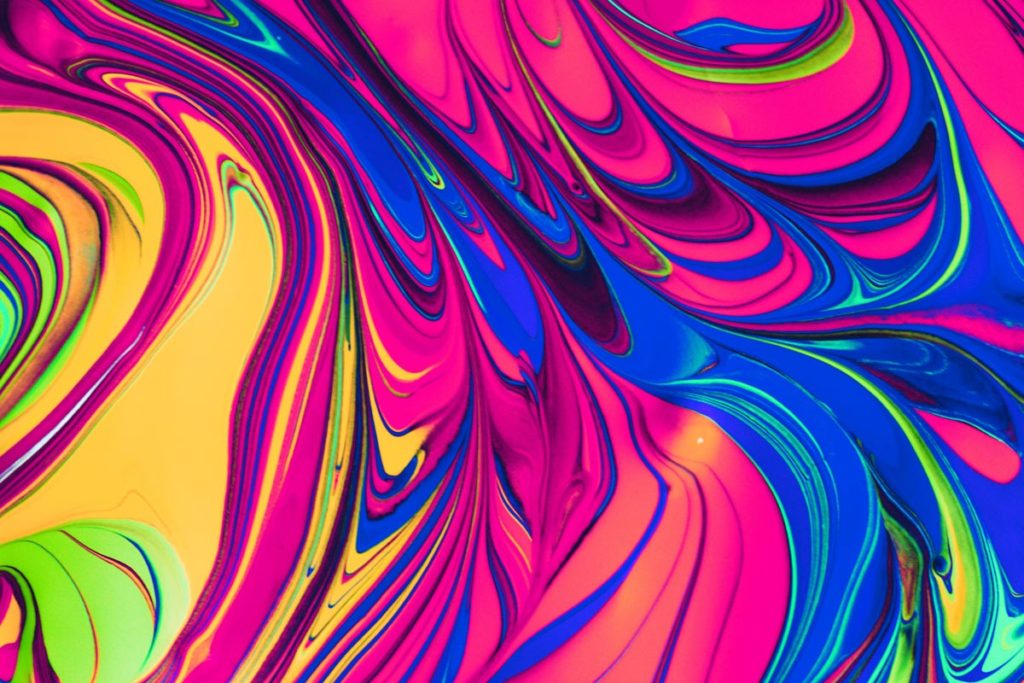Psychedelics have a long history of use as medicine, with many even being developed as such. Today, they’re used by millions to Americans, both for recreational and spiritual purposes and in an attempt to cure or mitigate mental health problems. In fact, research shows that small or “micro” doses of psychedelic substances like LSD, magic mushrooms, ecstasy, and ketamine can improve outcomes for individuals with anxiety and depression.
At the same time, popular science articles sharing how medically controlled studies were able to help patients with mental health disorders create unintended side-effects. At-home users start to self-medicate on substances they poorly control and often don’t regulate. Outside of a medical environment with careful monitoring and dosing, psychedelics can do more harm than good.
If you or a loved one is considering using psychedelics as treatment options for mental health, it’s important to understand the risks, the science, and your other options.
Psychedelics in Medical Treatment
While psychedelics are getting attention in the media for newly discovered medical uses, most were actually designed for medical use.
For example, LSD was developed as part of an exploration looking to find medically useful alkaline drugs. Ketamine was developed as an anesthetic. MDMA, also known as ecstasy, was developed to stop bleeding. And psilocybin has a centuries-long documented history of being used in native medications. The same is true of Ayahuasca, which is also increasingly popular as part of “mental health retreats”.
In most cases, these drugs were moved out of medical usage as better alternatives were found or as government regulators decided they were doing more harm than good. For example, LSD had become extremely popular across U.S. campuses and was being used, without discrimination, by students who had no real idea of what it would do to them long-term.
For that reason, most psychedelics are controlled substances, meaning they are illegal to purchase or distribute in the United States. That illegality extends to most of the world, with only a few countries allowing recreational usage of psychedelics. In the United States, it’s increasingly easy to get licensing to study those drugs – but always in controlled environments.
Do Psychedelics Help with Mental Health?
There are numerous studies showing that psychedelics may have a positive impact on anxiety and depression. However, this isn’t the first time this kind of research has come to light. Psychotherapists used LSD in treating anxiety and depression for several decades until the drugs were banned in the 1970s. This usage was done largely without research and based on the findings of just a few people – but over 40,000 people were treated in this way between 1960 and 1965.
Today, many studies are much smaller, more methodological, and better able to capture results. Micro dosing, or using doses so low as to not create a psychedelic reaction, is the most common – with one Reddit board dedicated to the topic boasting more than 200,000 members.
However, in self-reports, positive results are present. For example, 26.6% of people micro dosing report improved mood. Yet, 6.7% report increased anxiety. Substances have also shown promise in treating PTSD, depression, and anxiety. In one psychedelic-assisted psychotherapy study, patients were shown to have reductions in depression and anxiety lasting for as long as 6 months after treatment stopped. At a 4-5-year follow-up, many patients still had significant reductions in both. These effects are significant and improved over the usage of just psychotherapy or a placebo.
At the same time, most studies are small, undertaken by very controlled groups who volunteered to be part of a psychedelic drug study, and often rely on self-reporting. For example, the landmark studies assessing psilocybin with psychological support included just 12 people, with all three studies conducted by the same group of researchers. That particular study found that a high dose of psilocybin was effective at reducing anxiety and depression over 3 months (a high dose was 25mg) but with no control group
Barriers to Further Studies
While researchers are more and more often looking into how psychedelics could benefit mental health, there are many barriers. The largest of those is that people often use these drugs to self-medicate outside of the supervision and purveyance of medical professionals. Other risks, like the fact that people react in complex and unpredictable ways to most psychedelics, means that results cannot easily be replicated between people and what helps for one patient may make another worse.
That’s without considering the fact that most psychedelics are controlled substances, usually on par with cocaine or even heroin. Possessing even a small amount of these drugs without proper licensing and outside of a lab could result in significant legal repercussions.
Get your question answered now.

What About Self-Medication
While many people choose to self-medicate with psychedelics, there are almost no studies treating LSD, MDMA, or another psychedelic as a regular drug to be taken on a daily basis. Instead, most studies assess psychedelics for impact in changing perception and personality, using dosing over short periods of time, and in combination with psychotherapy like behavioral therapy (CBT, EMDR, etc.).
Using in controlled ways and in controlled environments allows therapists and researchers to map effects and to implement harm-prevention programs. For example, short and long-term dosage of LSD can significantly increase symptoms of anxiety. For that reason, it’s often not safe to use psychedelics without medical supervision.
In addition, people microdosing or using substances at home are often looking for a quick cure or a magic fix to their issues. Going into any treatment with that mindset is likely to get in the way, to force you away from the fact that good habits and self-care systems significantly contribute to mental health. Therefore, microdosing or simply taking psychedelics can significantly get in the way of treatment – which is why many mental health professionals don’t offer mental health treatment without co-occurring substance abuse treatment if their patients are using.
A Long Way to Go
Psychedelics like LSD and psilocybin are just now moving back into serious research. Some of those studies are promising, showing that psychedelics could eventually be an important medication in helping individuals to recover from mental health problems. However, those studies still have a long way to go. We need larger trials, better control groups, and more rigorous assessments over the long-term to assess how these drugs affect the people they’re used to treat. And, we need to know how those drugs impact people alongside conventional therapy and treatment rather than on their own or without medical assessment. If you or a loved one is struggling with mental health problems there are treatments and they do work. Behavioral therapy is the leading treatment for depression, anxiety, and traumatic stress disorders. And, while they aren’t cures, they can help you learn to cope, to improve your day-to-day mood, and improve total quality of life.
Compassion Recovery Centers offers mental health and substance abuse treatment at our safe and modern locations in Orange County, California. Contact us today to speak with one of our experienced treatment team members.










